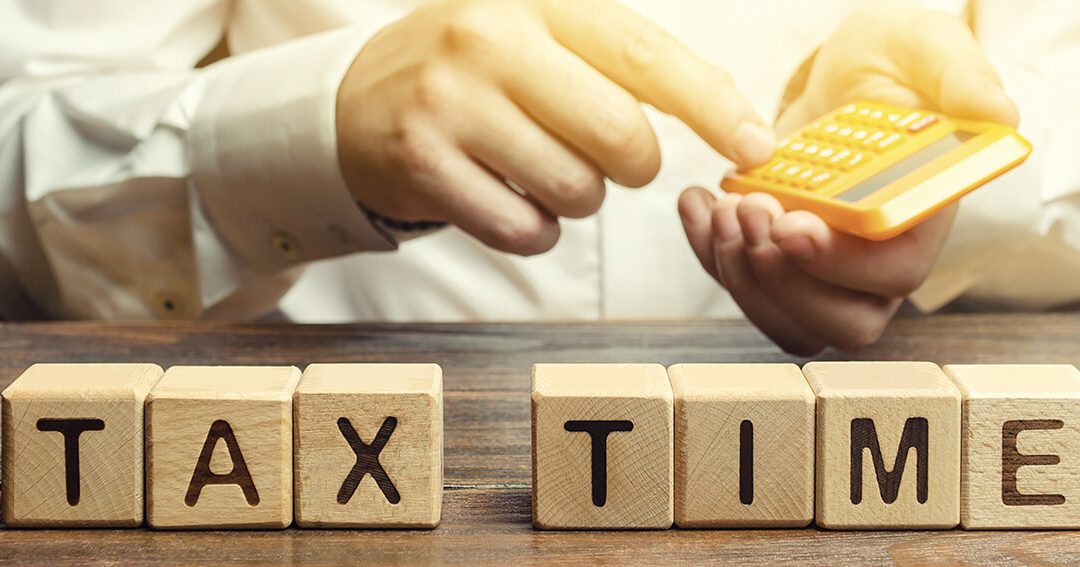In Canada, like most of the countries, you have to pay taxes from the income provided by your job. But what happens when you do not have a job, do you still have to pay taxes?
In short, you have to pay taxes from your income, and even if you do not have a job, most likely, you have a different source of income, for example, EI (employment insurance), business income, renting income, foreign income. It is considered an income and taxable.
In Canada, the Canada Revenue Agency (CRA) is in charge of taxes. Based on the tax return which you submit every year, they calculate if you owe taxes or will be issued a refund. In Canada, the calendar year from January 1 to December 31 is a tax year for individuals, and you need to file your tax return by April 30 of the following year. If you have income and you have taxes payable, but you do not submit it according to the rules, there are maybe penalties.
Paying taxes when you have a job
CRA calculates the amount of taxes you have to pay based on your income. When you have a job and earn a salary, your employer deducts taxes from your wages based on the TD-1 form, which you provide when joining the company. The employer will deduct EI (Employment Insurance) and CPP (Canada Pension Plan) as well.
When you do not have a job, but still have an income
When you do not have a job, none of the above deduction happens, so you do not pay taxes, because you do not receive a salary. On the other hand, if you loosed your job because of layoff or shortage of work and worked in a company long enough, you will apply for EI, which is considered your income and is taxable so that you will be paying taxes from that EI income.
You may also have other types of income, such as investment income, Canada Child benefit, which you have to show in your tax return. If your income is more than the $12,069.00 (2019 tax year), which is the federal personal tax credit amount, it will be taxable.
Students need to pay taxes too
The same applied to students who never have a job before. If they do not have any income, they do not pay taxes. Still, most of the students can do a part-time job, be entrepreneurs, and get dividends from small businesses or have income outside of Canada (in case of international students). If you an international student, you need to provide a T2202 form from your college or university.
When any of the above applied, they have to file a tax return and pay taxes from it (considering that the amount of income grater that personal tax credit).

Anna Grigoryan is a professional corporate accountant who provides accounting, bookkeeping and tax services to Small Business owners and individuals. She has more than ten years of professional experience in public accounting and a bachelor’s degree in Business Accounting. Anna is the CEO of Taxory, an accounting firm in Toronto area.
